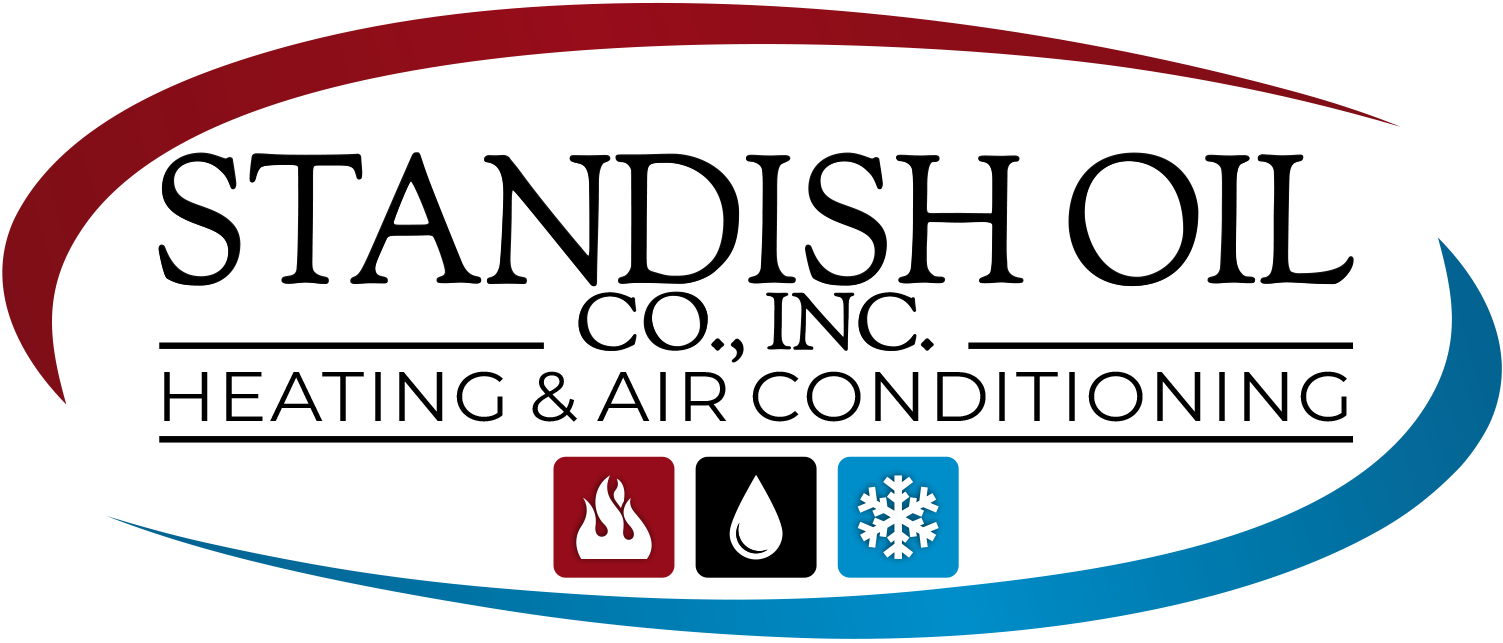An HVAC system is an efficient system to help with climate control in your home. It helps maintain an optimal temperature that you and your loved ones can enjoy year-round. Yet a home heating system requires a consistent maintenance schedule to keep it running as efficiently as possible. Otherwise, you’ll start to use more energy to heat your home, and worse, experience system failure.
What happens if I don’t do regular HVAC maintenance?
Without regular maintenance, your HVAC system will begin to break down and work harder to maintain the temperature level you desire effectively. If you start to notice that it’s not as cool in the summer or warm during the winter as it was in the past, then there could be an issue with your HVAC system that needs to be addressed. Seeing your utility bills go up, without any major changes to how the system is being used, is also a cause for concern.
It’s best to have at least one scheduled check-up a year at the minimum, and a certified HVAC technician should always perform a complete inspection. A routine HVAC check-up can also include preventative maintenance so your high-efficiency system will continue to operate as effectively as possible.
Residential HVAC systems can heat and cool a home for longer with proper maintenance. It’s much more cost-effective to keep a High-efficiency HVAC system running smoothly than to replace it entirely.
What goes into the HVAC maintenance checklist?
Many professional technicians come with their own multi-step solutions to check all the possible problem areas and handle minor HVAC system repairs.
Clean HVAC System Components
Before starting to see if something is not working correctly, everything needs to be cleaned. From drain lines to condensers and evaporator coils, they need to not have any blockage or dirt build-up to operate properly. The filters also need to be cleaned annually and, from time to time, completely replaced.
Inspect every piece of the HVAC system
First, professionals will check the HVAC system and the vents and ducts throughout the home for any type of blockage that may have built up. They will also inspect and eliminate mold if there’s any element of it. All the components, such as the evaporator coils, belts and pulleys, and the condenser, are checked to ensure there’s no major wear and tear.
Then once the cleaning and inspection are done, the professional will ensure that the thermostat itself is operating properly and providing the right temperatures and humidity levels.
Always work with an expert
Although you may think that the above is a DIY maintenance possibility, there are a lot of complicated parts and items to check during the maintenance of residential HVAC systems. There’s also a specialized way to clean the machinery of the HVAC to the vents themselves without causing any additional damage to them.
That’s why you should reach out to a HVAC System Specialist to schedule your next residential HVAC maintenance. This way, you’ll know that your system is being maintained so it continues to operate as efficiently as possible.

